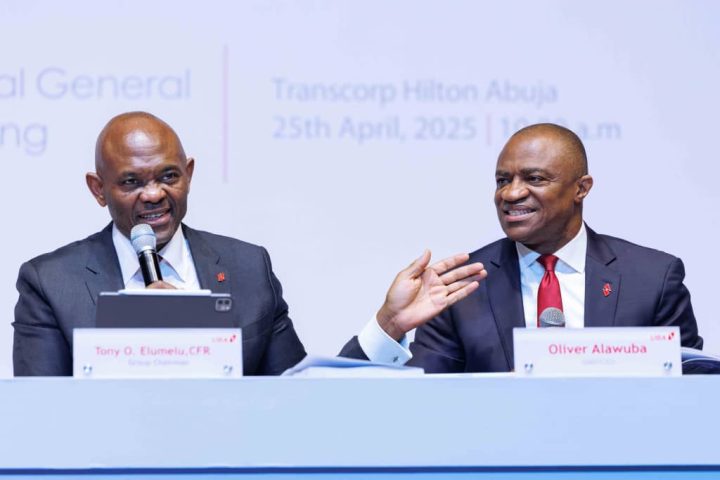KPMG Nigeria has revealed that the removal of fuel subsidy by President Bola Tinubu has led to the price of petrol rising in Benin Republic.
According to the financial consulting firm in its report; “Removing Fuel Subsidies in Nigeria,” the cost of fuel rose to 800 CFA, almost double the previous price of 450 CFA.
Join our WhatsApp ChannelKPMG said the increase indicates that fuel in Nigeria is smuggled to neighbouring countries due to the inability of Nigeria to track PMS subsidy consumed by Nigerian consumers.
Prime Business Africa previously reported that Tinubu said his administration will not fund subsidy, ending the era of Nigerian government-subsidised fuel.
The removal of the subsidy led to an increase in fuel prices in Nigeria, as the Nigerian National Petroleum Company (NNPC) Limited announced a price adjustment from N189 per litre to N500 and above.
Similarly, KPMG confirmed that Benin Republic has been impacted by the decision to remove the subsidy, “A key challenge throughout the implementation of the PMS subsidy regime was tracking precisely how much-subsidized fuel was consumed by Nigerian consumers and how much leaked into the markets of neighboring countries that did not have such subsidies.
“Indeed, in response to the PMS subsidy removal by President Bola Tinubu, GCFR, pump prices in the Republic of Benin almost doubled from 450 CFA to 800 CFA, underscoring the widespread belief that significant quantities of subsidized PMS were smuggled out of Nigeria into neighboring countries,” KPMG wrote in the report.
There have been speculations that fuel is smuggled to neighbouring countries, with the Group Chief Executive Officer of NNPC, Mele Kyari, stating that four trucks of 60,000 litres of fuel cost N12 million to N17 million when smuggled out of Nigeria for sale at the border, but it cost N300,000 in Maiduguri when transported to Lagos.
KPMG further stated that: “The stark truth is that the PMS fuel subsidies have really benefited neighbouring counties, rent-seekers and the rich, as opposed to the poor. Furthermore, if Nigerians – rich, middle-class, or poor alike – wish to see accelerated levels of socio-economic development, the expensive and unaffordable PMS subsidy must go.
“Already, within days of the subsidy removal announcement and the adjustment of PMS prices in Nigeria, data from Global Petrol Prices, which tracks the retail prices of refined petroleum products reveals sharp increases in the petrol prices of neighbouring countries.”














![Trump, Zelenskyy Discuss Peace Plans During Pope Francis’ Funeral In Rome [VIDEO]](https://www.primebusiness.africa/wp-content/uploads/2025/04/Trump-and-Zelenksy-meet-at-Pope-Francis-Burial-150x150.jpeg)



Follow Us